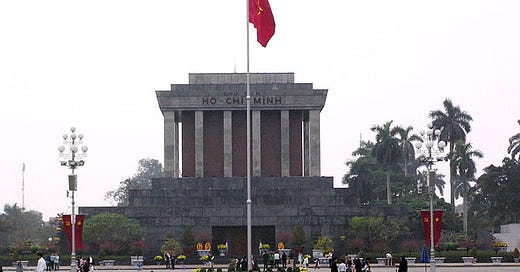The conquered peoples seek a more just world
The emergence of socialism in the world of the colonized
The story of the nineteenth and twentieth centuries is the story of the conquered peoples forming movements of liberation, the most advanced of them seeking transformations of the structures that had been imposed on them by the European conquerors during decades of colonial rule. They sought to reformulate the promise and the hope of democracy from the colonial situation.
This is a story that is not known in the colonizing nations of the North. In the first decades of the twentieth century, colonialism was treated as a civilizing mission, as a process that would eventually uplift the conquered peoples to a higher level of civilization. It was not that the peoples of the North were by nature racists. Rather, they had been led, with the support of the social sciences, to the notion that there are distinct “races” in the human species, with different levels of advancement in civilization. This ideological dissemination had the politica…



